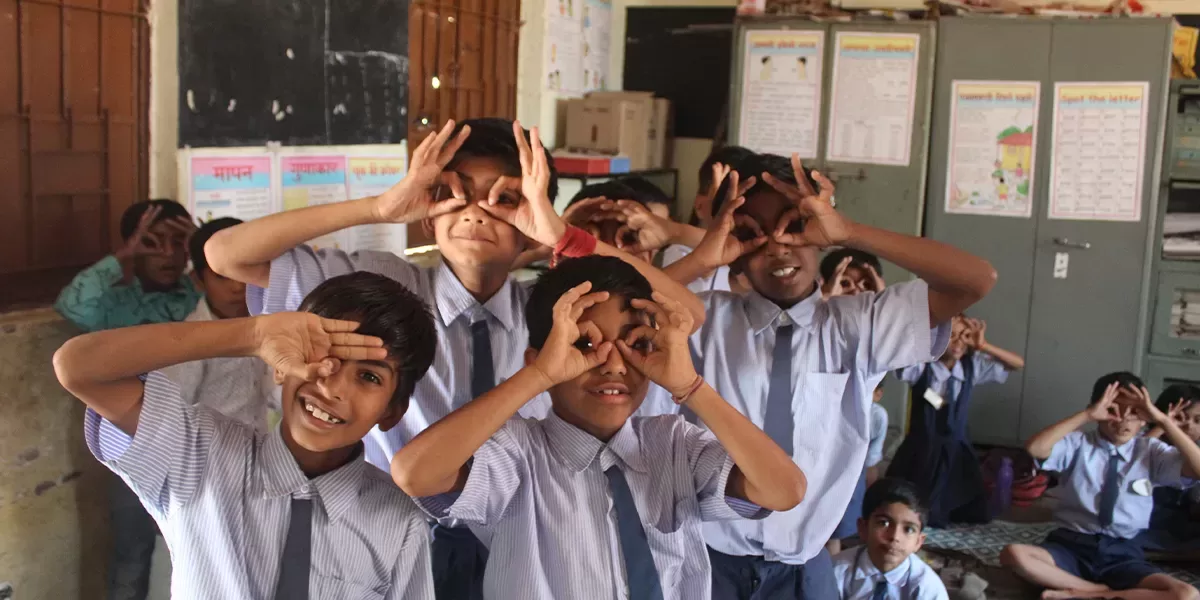
PROJECT FUNDED BY: TATA AUTOCOMP, KNOWLEDGE PARTNER: TATA TRUST
PROJECT DURATION: 2021-23
LOCATION: CHAKAN, PUNE
Khed (Rajgurunagar), a picturesque taluka in Pune district, Maharashtra, was a region grappling with unique challenges. Nestled 38 kilometers north of Pune’s bustling hub, this area, adjacent to Chakan MIDC, is marked by hilly terrains. Despite industrialization, local job opportunities remained scarce, particularly impacting the 30% landless population dependent on daily wage labor in agriculture. Communities like Katkari, Konkani, and Thakar were engaged in goat rearing and fishing, yet hurdles persisted.
Women’s health stood as a paramount concern. Strenuous fieldwork and household chores often took a toll on their well-being. Reproductive health and uterine issues plagued women in these blocks. Low hemoglobin levels and unsafe menstrual hygiene practices afflicted women aged 13 to 45, exacerbating health risks. Inadequate school infrastructure made it challenging for girls to manage menstruation during school hours, hindering their education.
In response, we executed a comprehensive Water, Sanitation, and Hygiene (WASH) and Menstrual Hygiene Management (MHM) project. Our mission: to understand prevailing WASH and menstruation management knowledge, attitudes, and practices, dispelling myths and enhancing access to products.
Challenges Tackled:
- Clean drinking water scarcity, leading to diseases during monsoons.
- Limited access to healthcare, prompting costly private alternatives.
- Women’s health issues, worsened by poor healthcare access.
- Lack of menstrual hygiene awareness, coupled with insufficient sanitation facilities at home and school.
- Absence of drainage systems, fostering waterborne diseases.
- Open defecation during water shortages.
- Inadequate waste management practices, including burning plastic and open drainage, causing health hazards.
The Chakan, Pune project has left an indelible impact by championing menstrual health management (MHM) and advancing WASH (Water, Sanitation, and Hygiene) practices among women and adolescents. Across 27 villages, MHM awareness sessions touched the lives of 3591 women and 1537 adolescent girls, sparking transformative changes. These sessions emboldened women to challenge entrenched menstrual myths, replacing them with scientific understanding. Women also improved their dietary practices during menstruation. The project empowered 200 Front Line Workers (FLWs) to carry this knowledge to their villages. Additionally, 600 women learned Cloth Pad Stitching, granting them the means to craft their own pads.
In 10 schools, School Management Committee (SMC) members and school authorities received WASH training, fostering active engagement in school affairs. Bal Samitis emerged stronger in 10 schools, instilling a sense of responsibility among students. Clean drinking water facilities reached 7 schools, while sanitation facilities were renewed or constructed in 8 schools, ensuring safe access for all students. Handwashing stations sprouted in 10 schools, nurturing good hygiene habits.
Through SBCC (Social and Behavior Change Communication) and Hum Samajhdar sessions, 1785 students imbibed knowledge about safe drinking water, hygiene, and sanitation. This awareness transcended school boundaries, with students encouraging family members to adopt these vital practices. Moreover, 10 schools displayed graphic Hum Samjhdar Posters, serving as vivid reminders of essential hygiene practices. The project’s resounding impact is a testament to its transformative influence on both individuals and communities.

